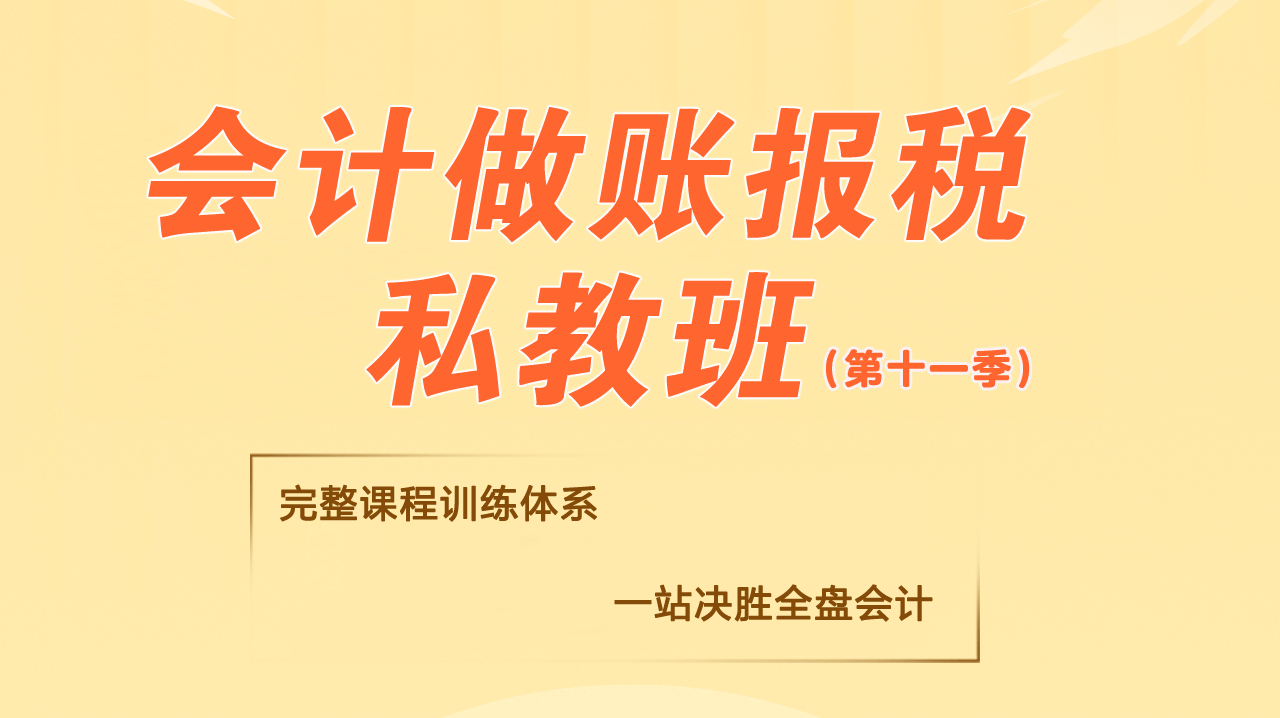经济学家点评中国增长和通胀数据(双语)
China's economic growth slowed slightly in the first quarter, but inflation accelerated to a nearly three-year high in March. The country's gross domestic product rose 9.7% from a year earlier in the first quarter, data released Friday by the National Bureau of Statistics show, down marginally from the 9.8% expansion in the fourth quarter of 2010. Meanwhile, the consumer price index rose 5.4% from a year earlier in March, up from 4.9% in February and the fastest since July 2008. Economists react:
中国一季度经济增长略有放慢,但3月份通货膨胀加剧,达到接近三年以来最高。国家统计局周五公布的数据显示,一季度国内生产总值(GDP)较上年同期增长9.7%,略低于2010年第四季度9.8%的增长率。与此同时,3月份居民消费价格总水平(CPI)较上年同期上涨5.4%,高于2月份的4.9%,并且是2008年7月份以来的最大上涨幅度。以下是经济学家的点评:
The Chinese economy is not slowing as planned, or desired, with GDP expanding 9.7% year-on-year in the first quarter to 9.63 trillion yuan. The strong economic performance through Q1, despite the myriad tightening measures put in place over the past six months, should give policymakers confidence to more aggressively attack inflation and its root causes. Indeed, with CPI jumping to a 32-month high, it is not hard to argue for further tightening. --Alistair Thornton and Xianfang Ren,
IHS Global Insight AFP/Getty新疆哈密市一个啤酒厂里的工人。一季度GDP同比增长9.7%至9.63万亿元,中国经济并没有按照计划或者说愿望放缓。尽管过去六个月推出了大量紧缩措施,一季度经济表现依然强劲,这应该会让决策者有信心以更大力度抗通胀、铲除通胀根源。事实上,在CPI增幅升至32个月最高的情况下,进一步收紧的结论不难得出。──Alistair Thornton、Xianfang Ren,IHS Global Insight
Both 1Q11 GDP growth and March CPI inflation were above street consensus... Our overall assessment is that economic growth is stable and robust, but inflation pressure is elevated (though definitely not out of control). The next peak of inflation will likely be in June at 5.5%-6%. The government raised tone on inflation-fighting, but also issued warning on over-tightening. Regarding market impact, most major data were leaked in the past two days, so informed investors should expect no shocks. Overall, we think investors should remain cautious as the Chinese government itself sees many uncertaintiesâ CPI dropped 0.2% MoM in March due to seasonality. Usually it should drop more in the post-(Lunar New Year) holiday time from February to March, and that's why policymakers are a bit nervous about inflation pressures and they raised tone on inflation fighting this week. --Lu Ting, Bank of America-Merrill Lynch .
2011年一季度GDP增速和3月份CPI涨幅都高于预期。……我们的总体判断是,经济增长是稳定、强劲的,但通胀压力已经升高(不过肯定没有失控)。下一个通胀高峰可能会是在6月份,通胀率在5.5%到6%之间。政府抬高了抗通胀的声调,但也警告不要过度紧缩。在市场影响方面,多数重要数据都已经在过去两天泄露,所以有了解的投资者就别指望有什么冲击。总体来讲,我们认为投资者应该谨慎行事,因为中国政府自己也认为存在很多不确定性。受季节性因素影响,3月份CPI环比下降0.2%。一般情况下,因为过了春节,3月份CPI较2月份应该下降更多,正是因为这个原因,决策者对通胀压力显得有些担心,并在本周调高了抗通胀的声调。──陆挺,美银美林(Bank of America-Merrill Lynch)
Not much of a surprise in the data, though the activity numbers are perhaps a little stronger than expected, with little evidence to date that rate hikes, a stronger currency, and higher oil prices are having much of an impact on growth. Inflation of course, is the main issue in the short termâ 'we think price pressures will ease in the second half of the year, but there is still more upside in the next few months, and the risk is that high oil prices will keep headline inflation stronger for longer. This also suggests that policy rates still need to move higher in the months ahead, with Beijing also likely to favor further currency appreciation to help get inflation lower. --Brian Jackson, Royal Bank of Canada.
数据没有什么出人意料的内容,不过反映经济活动的数据可能比预期略显强劲,而迄今少有证据表明利率上调、人民币升值和油价升高对经济增长产生了多大影响。通货膨胀自然是短期内的主要议题。我们认为物价压力将在下半年缓和,但接下来几个月的上行风险更大,而且总体通货膨胀率有可能因为高油价而上升更长时间。这也说明未来几个月仍需上调政策利率,而北京也有可能倾向于让人民币进一步升值,从一个方面减弱通货膨胀。──Brian Jackson,加拿大皇家银行(Royal Bank of Canada)
China's inflation has been running at a high level for more than a year due to the post-financial crisis expansion of money supply, the rise in agricultural prices, the gradual feed-through of wage growth, and the impact of rising global commodity prices. Chinese policy makers are using a multi-pronged approach to curb inflation, including monetary tightening, administrative measures and accelerated currency appreciationâ The exchange rate has played only a secondary role in China's policy arsenal. However, last week, Premier Wen indicated that China will use all possible measures, including the yuan exchange rate, to keep prices under control. This constituted the first time the premier had publicly referenced the yuan's exchange rate as a mechanism to counter inflation --Polly Leung, J.P. Morgan.
中国的高通胀已经维持了一年多,原因有金融危机过后货币供应扩张、农产品价格上涨、工资增长逐渐传导,以及国际大宗商品价格上涨的影响。中国政策制定者正在多管齐下地遏制通货膨胀,包括货币紧缩、行政手段和人民币更快升值。在中国的各种政策工具中,汇率只起到了辅助性作用。但国务院总理温家宝上周暗示,中国将使用包括人民币汇率在内的一切可用措施来控制物价。这是温家宝第一次公开地把人民币汇率当作一个抗通胀机制来说。──Polly Leung,摩根大通(J.P. Morgan)
There was clearly a rebound in domestic demand growth in March, which was driven by the loosening of monetary and fiscal policies as reflected in stronger M2 growth. Such a rebound tends to increase inflationary pressures amid the continued strength in external demand growth and requires further tightening measures. Having said that, despite the loosening in March, the overall policy stance in 1Q2011 was still tighter than it was in 4Q2010 which led to the moderation in sequential activity growth and inflation in 1Q2011 from 4Q2010. --Yu Song and Helen Qiao, Goldman Sachs
3月份国内需求增长明显存在反弹,这是货币和财政政策放松带动的,从更加强劲的M2增长就可以看到。在外部需求持续强劲增长的情况下,这样一种反弹往往会增加通胀压力,需要采取更多紧缩措施。另外,虽然3月份有所放松,但2011年一季度的整体政策姿态仍然比2010年第四季度更紧,这导致2011年一季度的后续经济增长和通货膨胀增幅较2010年第四季度都有缓和。──宋宇、乔虹,高盛(Goldman Sachs)



